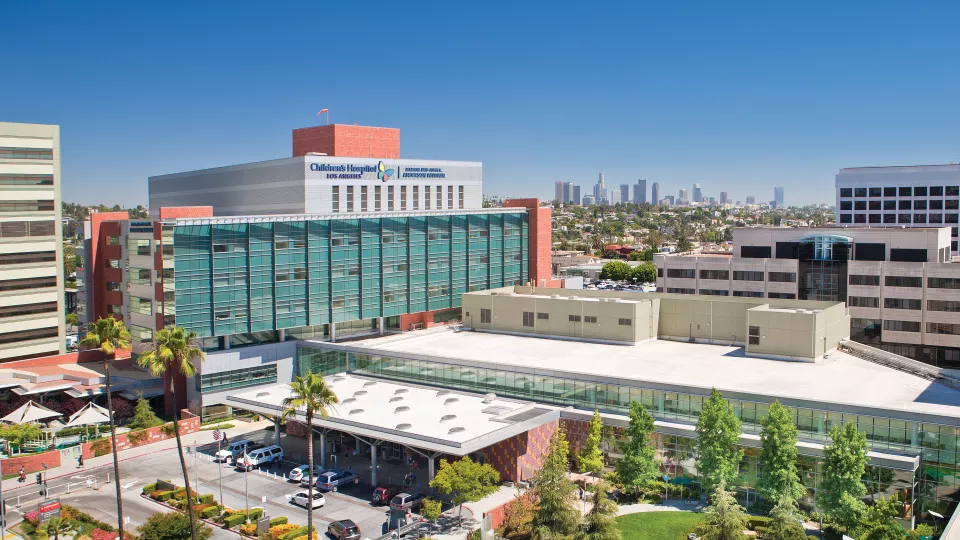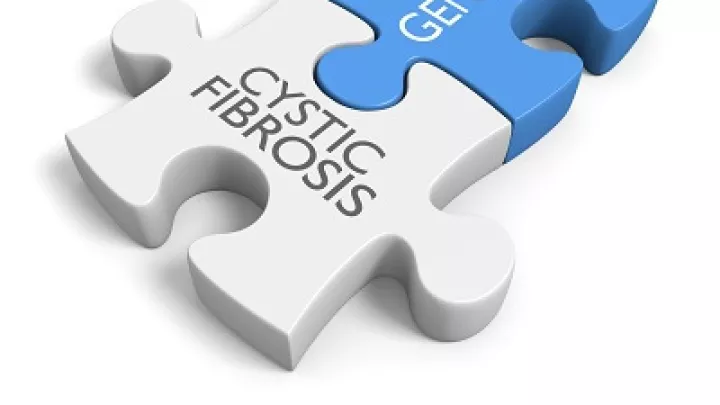
Rare, Genetic and Multisystemic
Though incredibly rare, Johanson-Blizzard Syndrome (JBS) requires intervention from multiple medical fields. Complications this syndrome presents in many areas of the body can necessitate treatment over the course of several years.
“The Institute for the Developing Mind will break down the traditional walls and silos that separate clinics and laboratories,” said Bradley Peterson, MD, director of IDM at Children’s Hospital Los Angeles, concluding an educational workshop on JBS recently held at CHLA. Peterson, who discussed the importance of understanding neurological manifestations of JBS, was one of several CHLA physicians and researchers who spoke at the workshop highlighting this rare hereditary disease.
Children afflicted with JBS can experience poor physical growth and mental retardation, among other symptoms, which are typically present at birth or early in childhood and can require years of surgery to address.
The onset of JBS is tied to a mutation in the UBR1 gene, which encodes ubiquitin ligase, an important enzyme that functions in protein degradation. Mutations in this gene can result in protein accumulation in cells, which can significantly impede cell function. Areas in which this effect can be especially severe include the pancreas, brain, and inner ear.
The IDM hopes to increase understanding of JBS and other similar diseases by bringing together researchers from multiple fields, from genetics and molecular biology to behavioral sciences and epidemiology, to study these diseases from all angles.
Other divisions of CHLA also work with JBS patients, including the Division of Dentistry and Division of Plastic and Maxillofacial Surgery. JBS patients often suffer from several oral diseases, including missing tooth structures such as enamel and other complications. They may also require several plastic surgeries due to severe craniofacial abnormalities, including scalp defects and improper nasal tissue formation.
According to former head of CHLA’s Division of Gastroenterology, Hepatology and Nutrition and workshop moderator Daniel Thomas, MD, it is vital for patients and families suffering from JBS to find top-of-the-line, multidisciplinary care for the disorder like that offered at CHLA.
“Patients need a physician champion and to be plugged into a medical center with research in the field,” said Thomas.


